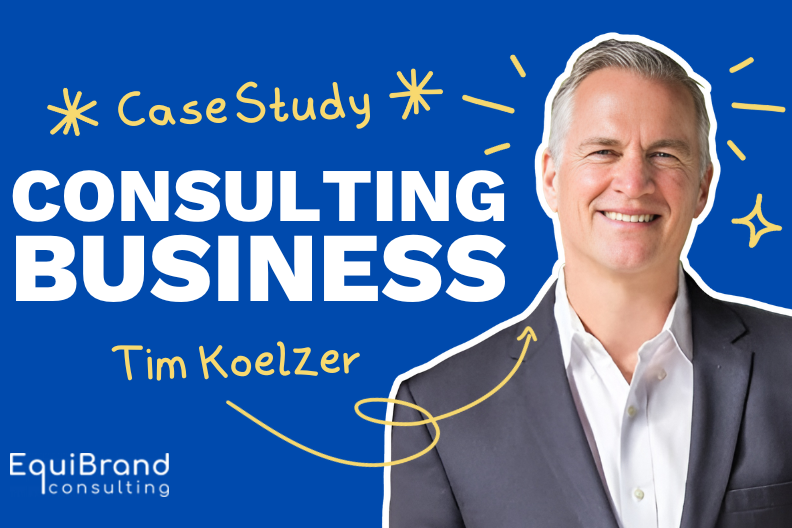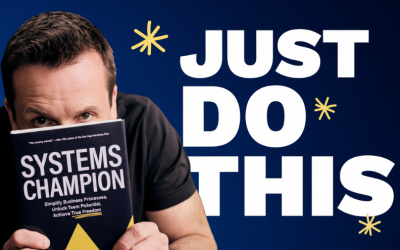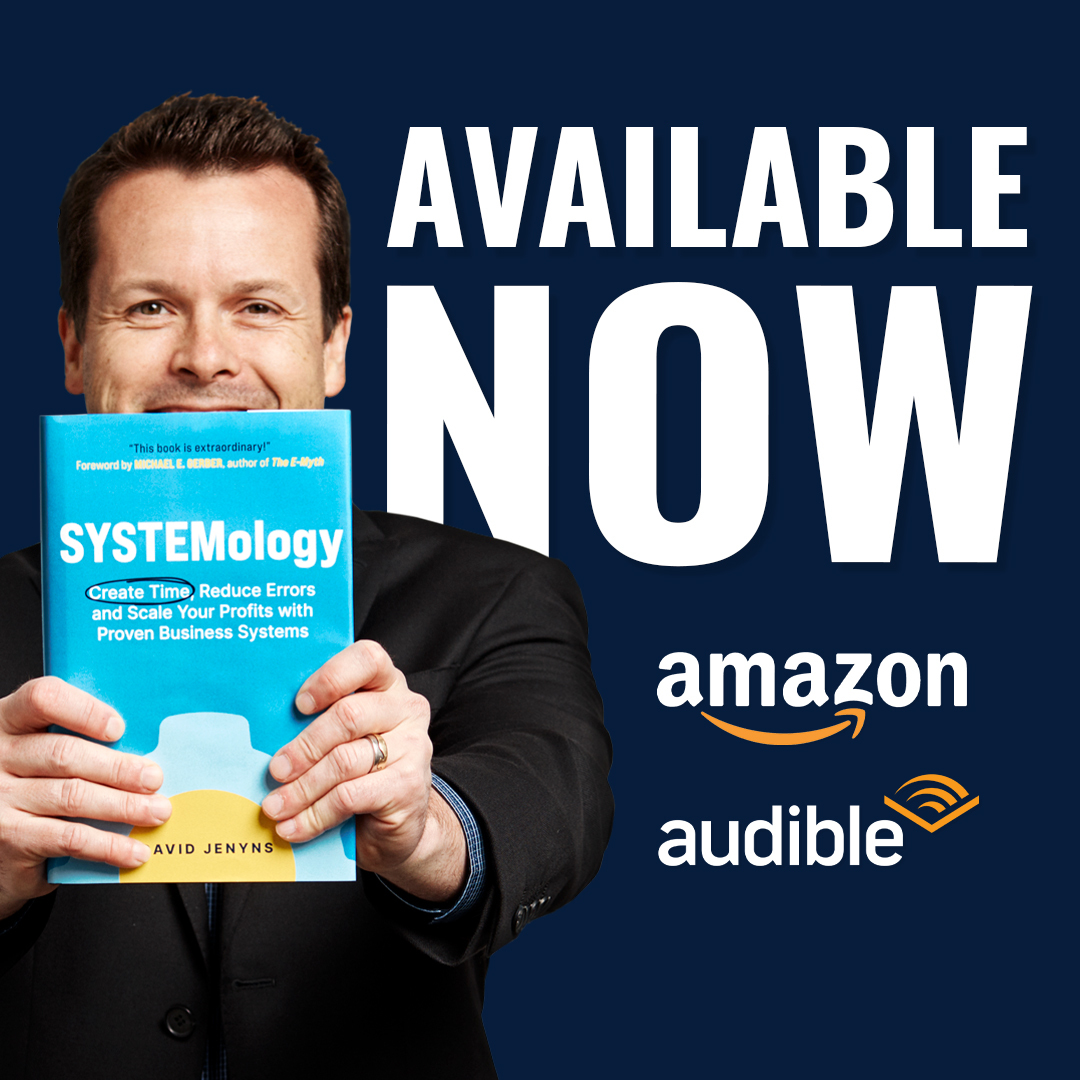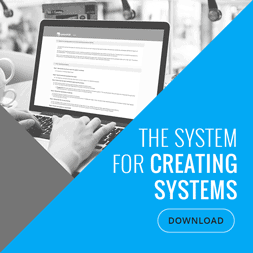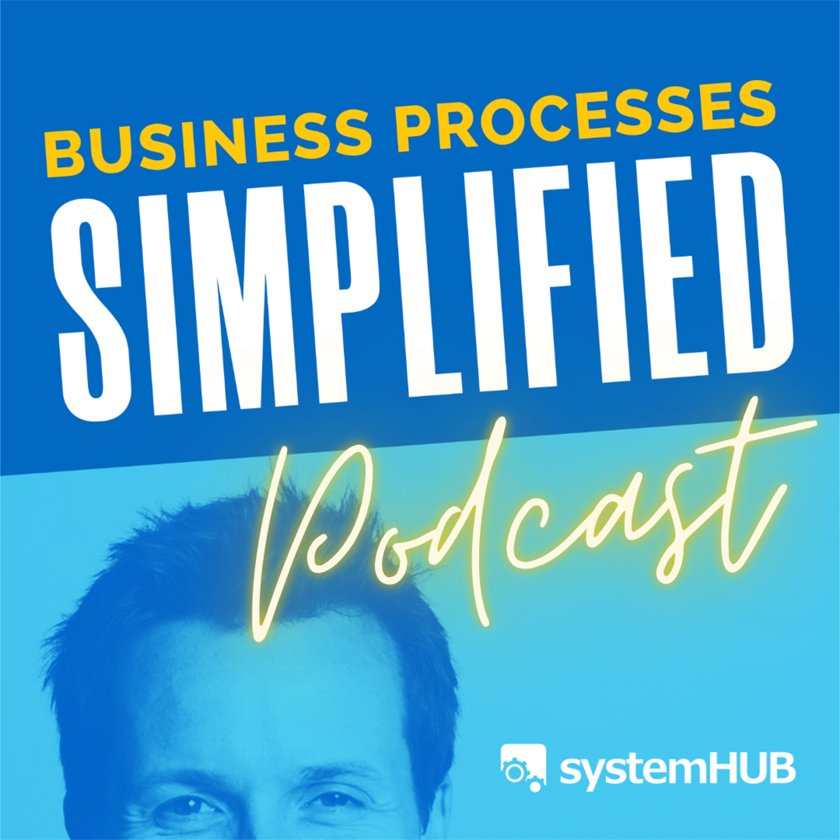Tim Koelzer, co-founder and managing partner of EquiBrand Consulting, a marketing strategy firm based in California, had always recognized the value of systems. In the early 2000s, he developed an ambitious program called “the Equibrand growth driver” to systematize his business operations.
“We developed a program with this grandiose plan to be systems-driven,” Tim explains. “The problem is we built this tremendous system, but it just kind of sat there. We were, for whatever reason, reluctant to kind of pull the trigger, so we spent so much time building this system… and it was perfectly late, but we never got around to implementing.”
For years, this pattern continued. Tim would get excited about systematizing, invest time developing comprehensive systems, then get busy with client work and abandon implementation. The systems remained unused as he focused on working in the business rather than on it.
The Turning Point — A Test and Learn Mindset
The breakthrough came when Tim began researching for his book, “Upstream Marketing.” While profiling successful companies like Amazon, Apple, and Nike, he identified a critical principle these organizations all shared.
“We identified a number of principles and one of the principles is the notion of test and learn,” Tim shares. “These companies are continually developing new products… What’s really behind that is this commitment to not having it done perfectly. But test to learn, and get something out there.”
This realization, combined with insights from SYSTEMology, shifted his approach. He recognized he needed to start somewhere rather than waiting for perfect systems.
“I think that was kind of the breakthrough of let’s just get something out there and we can always improve it as we go. But let’s find the right people. Let’s document the right systems. Let’s train on how to do that. And then kind of test and learn it.”
Implementing Systems That Work
Tim’s new approach to systemization included:
- Starting with small, manageable systems rather than attempting to overhaul everything at once
- Finding the right contractors through a systematic hiring process, testing multiple candidates on small projects before selecting the best fit
- Documenting key processes for SEO, blog writing, and digital marketing
- Using virtual collaboration tools to manage projects across time zones
- Focusing on “important but not urgent” tasks that are typically postponed
- Systematizing repeatable tasks to free up time for high-value strategic work
- Creating systems that allowed his team to work remotely, well before the COVID-19 pandemic made virtual work common
Results: A More Efficient and Scalable Business
The implementation of systems has transformed how Equibrand Consulting operates. Tim now manages a team of specialized contractors who have been working with him for 15-20 years, executing systematized processes that deliver consistent results.
“We hired the right people and we use a lot of the available tools and so we’ve gotten more involved just in the past probably two years,” he notes. “We started finally implementing and I think a lot of that was just driven by the fact that we said, you know, kind of test and learn.”
This systems-driven approach has allowed Tim to focus on areas where he adds unique value—thought leadership and business development—while his team handles systematized processes. The business now operates more efficiently, with team members worldwide collaborating virtually through documented systems.
Key Insights From Tim’s Systems Journey
- Start small and iterate: “This doesn’t have to be perfect. Test and learn.” Begin with manageable systems you can refine over time.
- Hire strategically: “We hire more than we need… We’ll hire two or three at a time. I know it can be inefficient, but we’ll test run.” Investing in finding the right people pays off tremendously.
- Focus on what matters: “So much of business success is really about finding things that are important, but not urgent because that’s things people tend to put off.”
- Leverage global talent: “If people haven’t used a system like Upwork, they would be amazed at the pricing and the efficiency that you can find on these services.”
- Build toward freedom: “I’m trying to take myself out of certain aspects of the business and apply my resources where only I can do.”
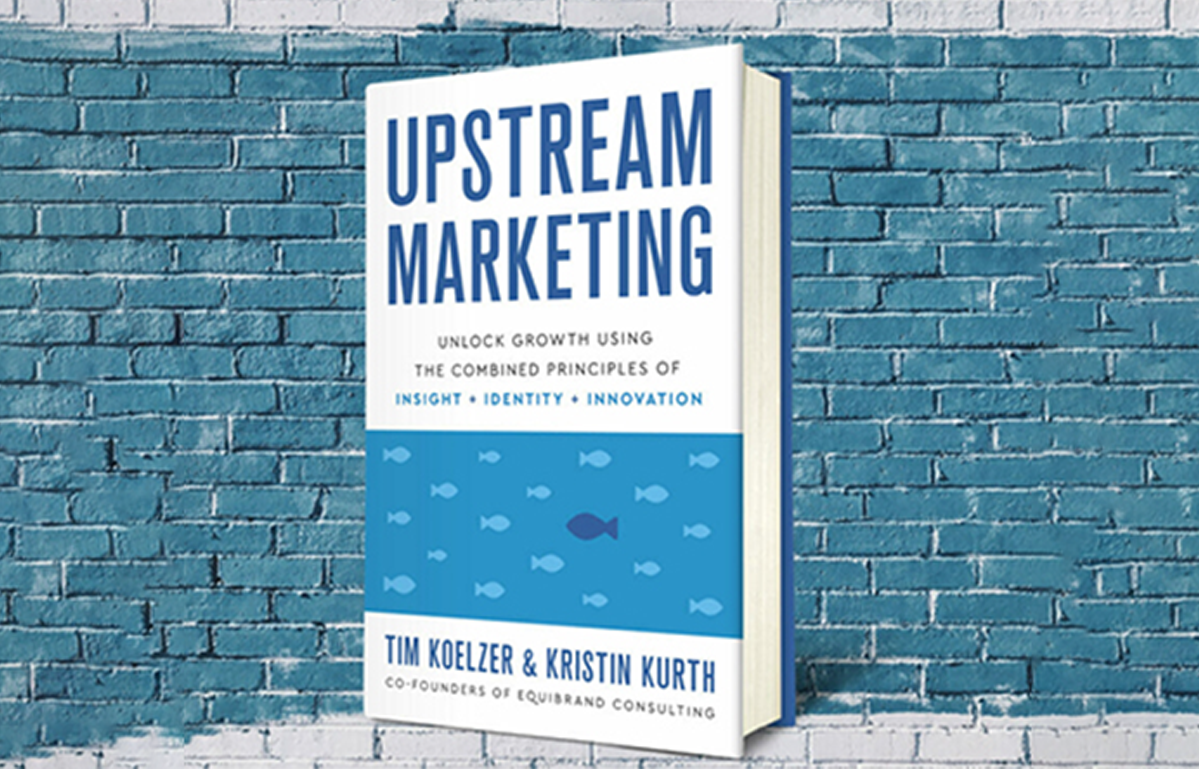

Building Long-Term Impact Through Systems
Tim’s journey illustrates that building a systems-driven business doesn’t happen overnight, but the rewards are substantial. By adopting a “test and learn” approach and focusing on continuous improvement, his consulting firm has become more scalable and efficient.
“It’s almost like a flywheel,” Tim reflects. “We continue to focus on those areas. That’s kind of the way that we tend to look at certain opportunities.”
Begin Your Journey to Scalable Success
Discover the SYSTEMology process that helped Tim and hundreds of other business owners create freedom through systems. Start your 14-day free systemHUB trial today and begin documenting your business systems with our proven framework.
